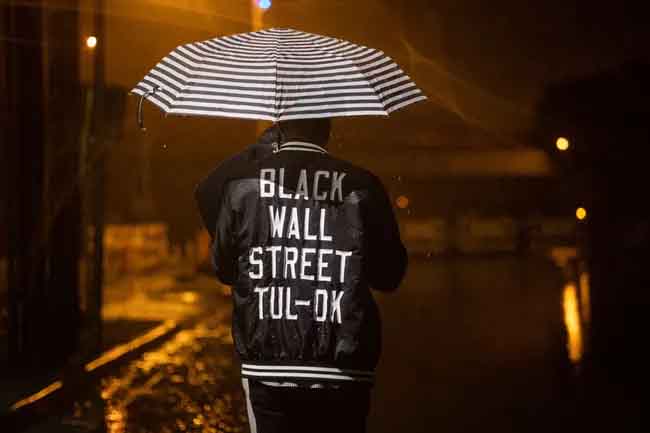Researchers are using DNA matching technology to identify victims of the 1921 Tulsa Race Massacre, and they’re looking for those victims’ descendants to help, according to the Associated Press.
Danny Hellwig, laboratory director with Intermountain Forensics, said Wednesday (July 13) that they’ve been getting many requests from local residents about providing genetic material to assist in the process.
“That’s what prompted this,” Hellwig told reporters. “We didn’t expect the amount of support and willingness to help… people have jumped out of the woodwork.”
The 1921 atrocity saw a white mob destroy over 1,000 homes and businesses in Greenwood, a predominantly Black neighborhood in Tulsa, Oklahoma. The tragedy left dozens dead, according to records at the time, but experts today believe that number to be much higher.
While Hellwig noted they’re not ready to start matching DNA for identification, they’ll start taking donations from Black people with ancestors that lived in Tulsa back in 1921. Direct descendants can help “populate these databases of family lines” and identify remains within days, the scientist explains.
Donors can provide their information from genealogy sites like ancestry.com or 23andne.com and upload it to www.tulsa1921dna.org, according to Hellwig. They also have to option to keep their information from being shared with other agencies and law enforcement, and the data can be removed at any time. No word on when DNA matching will begin.
Intermountain Forensics is a Salt Lake City-based nonprofit brought on to examine 14 sets of remains from a local Tulsa cemetery discovered last year. The search for massacre victims’ graves began in 2020, and crews have uncovered dozens of coffins containing the remains of potential victims, so far. City officials say they’re planning on looking for more areas for potential graves.
Get the latest news 24/7 on The Black Information Network. Listen now on the iHeartRadio app or click HERE to tune in live.

